Design Law
A basic knowledge of the Law is not enough to deal effectively with design law cases.
A deep understanding of the law is not enough to practice design law effectively. This nuanced area of intellectual property requires not only expertise in trademarks, patents, models, applied arts, and unfair competition, but also a genuine familiarity with the design industry itself. A design law attorney must be able to interpret the aesthetic standards that define products across various sectors.
Canella Camaiora® provides strategic legal counsel for the protection of design projects and represents companies and professionals in disputes concerning the distinctive appearance of products. For the sixth consecutive year (2020–2025), the firm has been recognized by Il Sole 24 Ore–Statista as one of Italy’s top law firms in the field of Intellectual Property. This recognition is based on an independent survey of attorneys, in-house counsel, and clients, and confirms the quality and authority of the firm’s legal work.
If design is the external appearance that adds value to a product, protecting it means safeguarding the creativity and investment that make it unique and marketable.
Do you want to receive now a personalized quote? Click on the “CALCULATE A QUOTE” button below. Answer a few simple questions and you’ll get a quote in less than two minutes.
Canella Camaiora® assists designers, companies, and creative professionals in protecting design where aesthetics play an essential role in product value. This includes furniture, fashion and accessories, household and kitchen items, jewelry and watches, as well as graphic design, retail design, and increasingly, digital design—such as UI/UX interfaces, websites, and mobile applications. In each of these areas, design serves as a decisive competitive asset.
To ensure effective legal protection, the firm offers a comprehensive suite of services tailored to the needs of each project. Legal proficiency must go hand-in-hand with aesthetic awareness.
Design protection is governed by Italian, European, and international law, depending on the territorial scope in which the aesthetic features of a product are to be protected. Under Italian law, a design must meet two essential requirements to be registered: novelty—meaning it must not be identical to any existing, publicly disclosed design—and individual character—it must produce a different overall impression on the informed user compared to prior designs.
Designs may be registered with the Italian Patent and Trademark Office (UIBM) for national protection, the European Union Intellectual Property Office (EUIPO) for EU-wide protection, or through the Hague System managed by WIPO, which enables multi-jurisdictional protection through a single application. In all cases, protection is initially granted for five years and can be renewed in five-year increments for up to 25 years.
The European Union also offers unregistered design protection, which grants automatic protection for three years from the date of the design’s first public disclosure within the EU.
Design protection may be combined with copyright, trademark, and unfair competition law, resulting in a layered and reinforced legal shield. Canella Camaiora® provides end-to-end assistance across all these areas—from registrability assessment to managing international filings—with a technically sound and strategically oriented approach, aimed at leveraging design as a key competitive and brand-building asset.
Design Law
Design Registration
Legal action against imitation and infringement
Design Novelty Search
Protection against unfair competition and counterfeiting
Contract drafting for design exploitation
Legal safeguarding of digital design
Do you want to receive now a personalized quote? Click on the “CALCULATE A QUOTE” button below. Answer a few simple questions and you’ll get a quote in less than two minutes.

CES 2026: what is changing in technology (and why waiting is no longer an option)
CES 2026 (the Consumer Electronics Show in Las Vegas) marked a decisive turning point: artificial intelligence is no longer a novelty, but a baseline condition. [...]

Authorial photographs and the risks of political instrumentalization (Comment on Milan Court, judgment no. 8613/2025)
The article examines the judgment of the Milan Court, 11 November 2025, no. 8613, concerning the protection of photographs and the limits of copyright exceptions. [...]
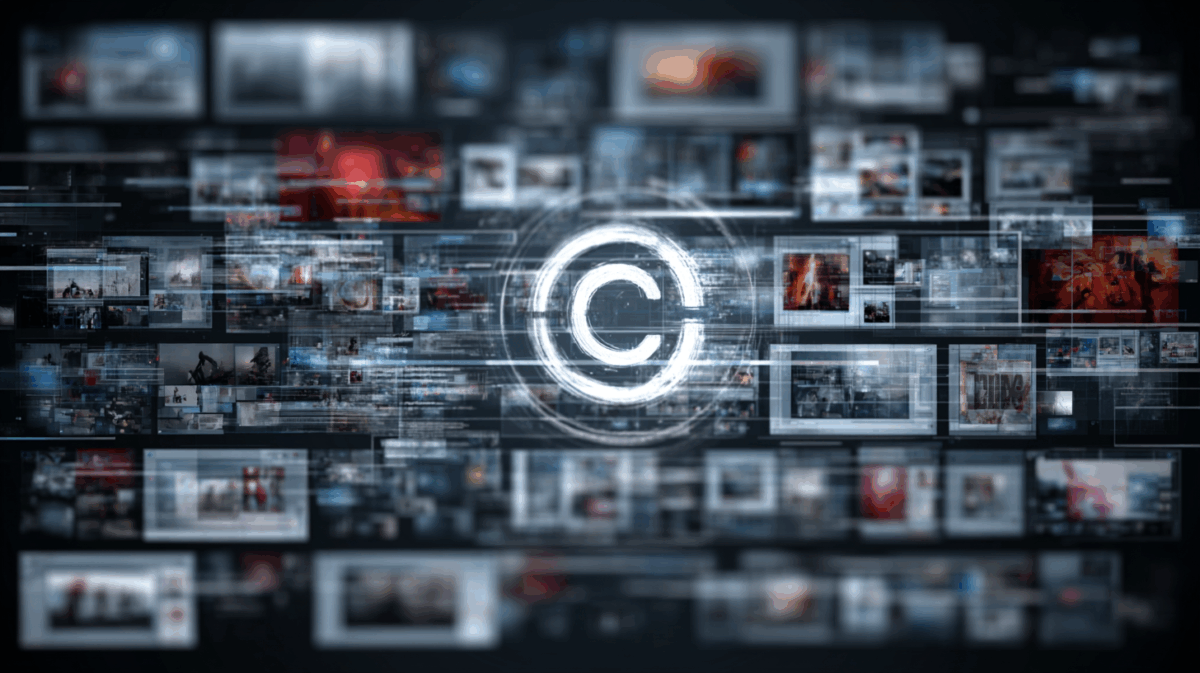
Online photographs: what can i do and what are the risks? A case that clarifies the most common doubts
Imagine walking through Piazza del Duomo in Milan and taking a beautiful photograph: perfect lighting, balanced framing. Some time later, someone uses that same photo [...]
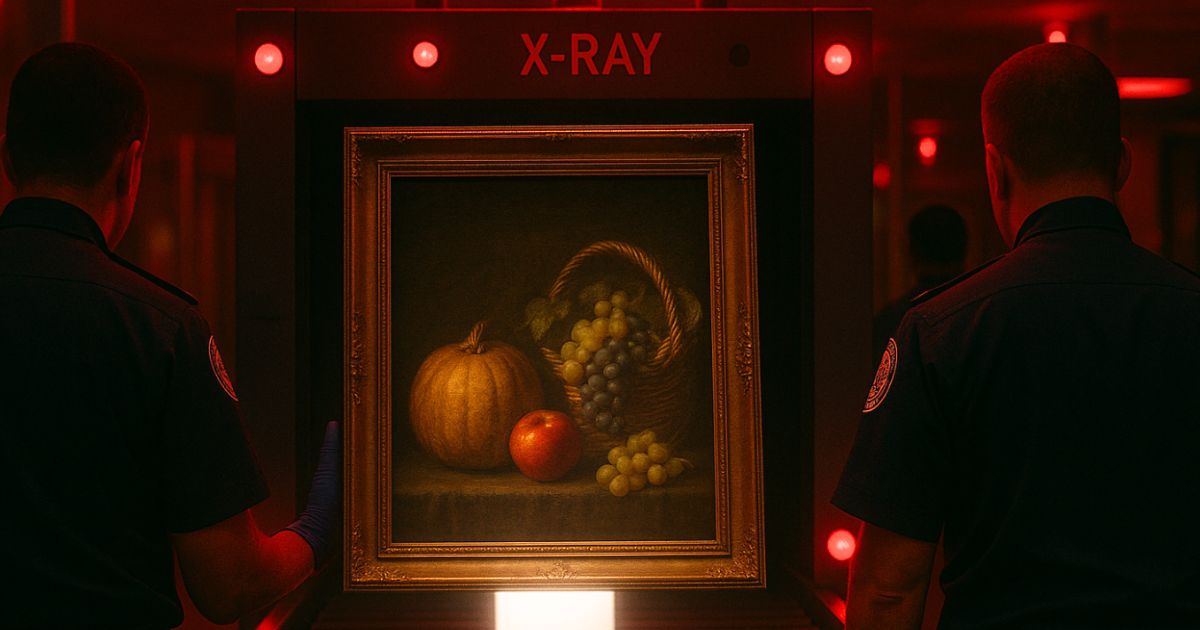
The Dalí that did not leave: considerations on the law of exporting works of art
A work of art can embody multiple rights: those of the artist, those of the purchaser and, in certain cases (if we confine the analysis [...]

Licensing or Franchising: how to develop your network
Choosing between licensing and franchising is not always straightforward. An entrepreneur wishing to take their brand to the next level often faces these two options, and one is not necessarily better [...]
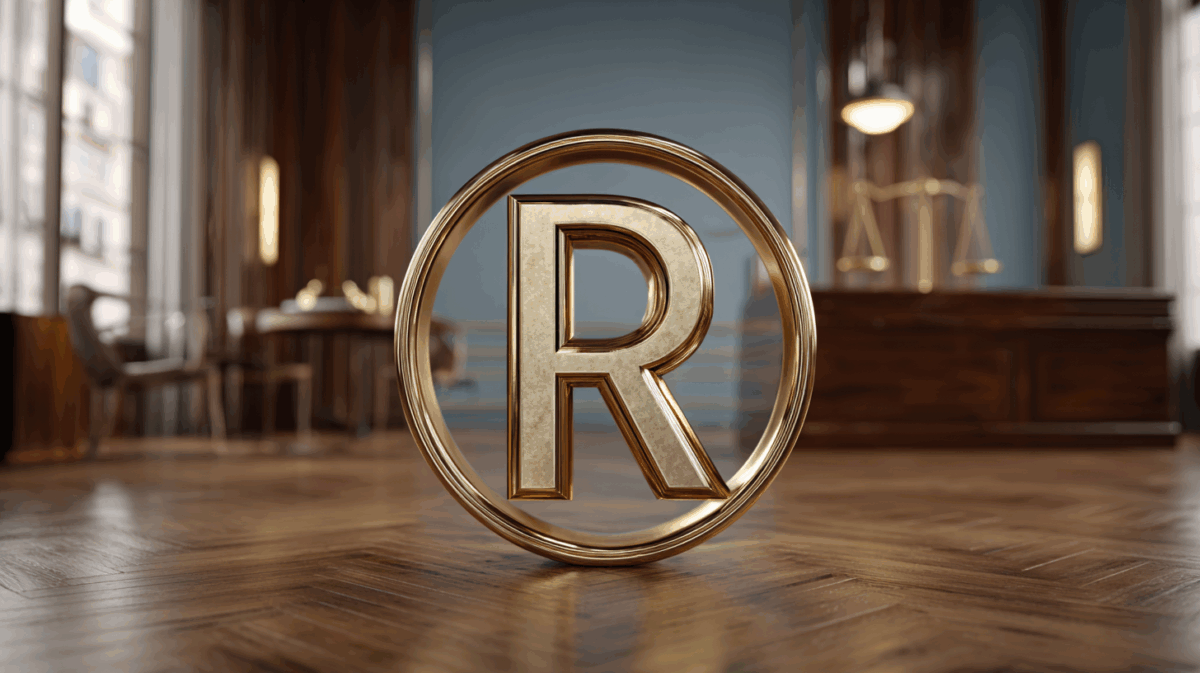
Is it possible to commit a crime using one’s own trademark? The Italian Supreme Court responds
Is it possible to commit a crime using one’s own trademark? The Italian Supreme Court responds Many entrepreneurs associate trademarks solely with marketing and corporate [...]

Corporate communication: from message to audience perception
In the era of social media and hyperconnectivity, the reader no longer merely absorbs content: they interpret, evaluate, and respond. This article explores why active [...]

Where is the line between creativity and infringement in sports audiovisual rights?
Serie A brought a university professor and videogame enthusiast before the Genoa Court (order of June 27, 2025). The accusation? Through his social media channels, [...]

Criticising your employer is (almost always) a right
In labor law, the employee’s freedom of expression is a recognized and protected principle. But criticizing the employer does not mean being able to say [...]
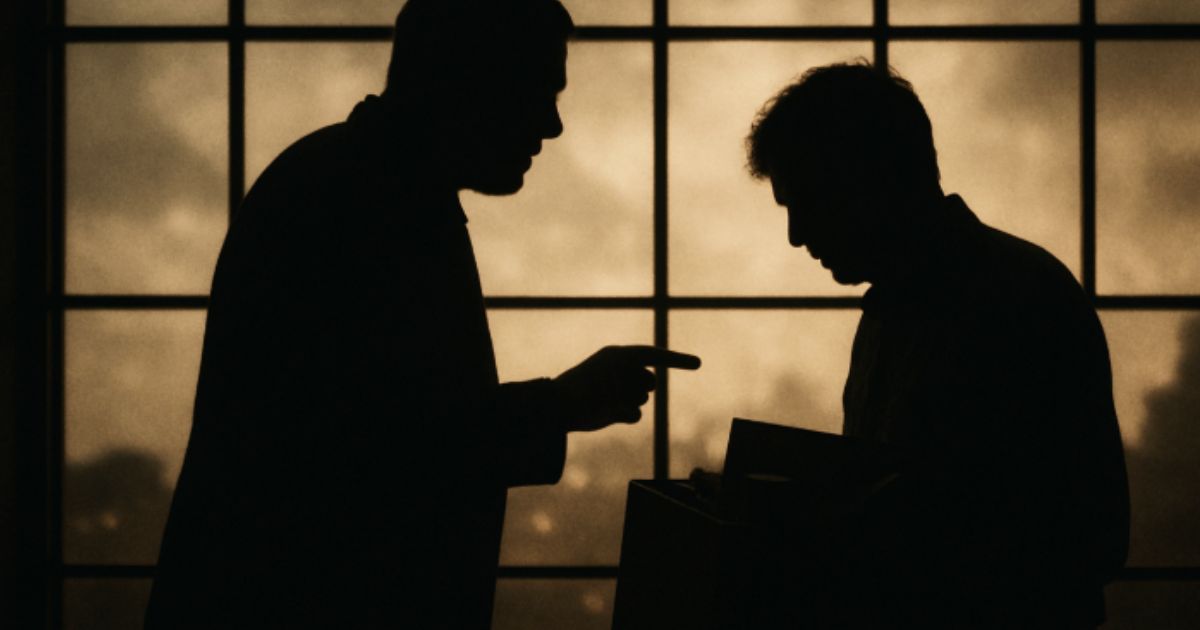
Offending a superior may legitimize dismissal: what the Italian Supreme Court says
What happens if an employee insults their superior? The Italian Supreme Court (Cassazione no. 21103/2025 and no. 16925/2025) has confirmed that, in certain cases, even [...]

Writing to Persuade: AIDA and the Copywriter’s Shortcuts
In marketing and persuasive writing, formulas such as AIDA, PAS, or PASTOR are often treated as ready-made solutions. Yet the human brain does not operate [...]
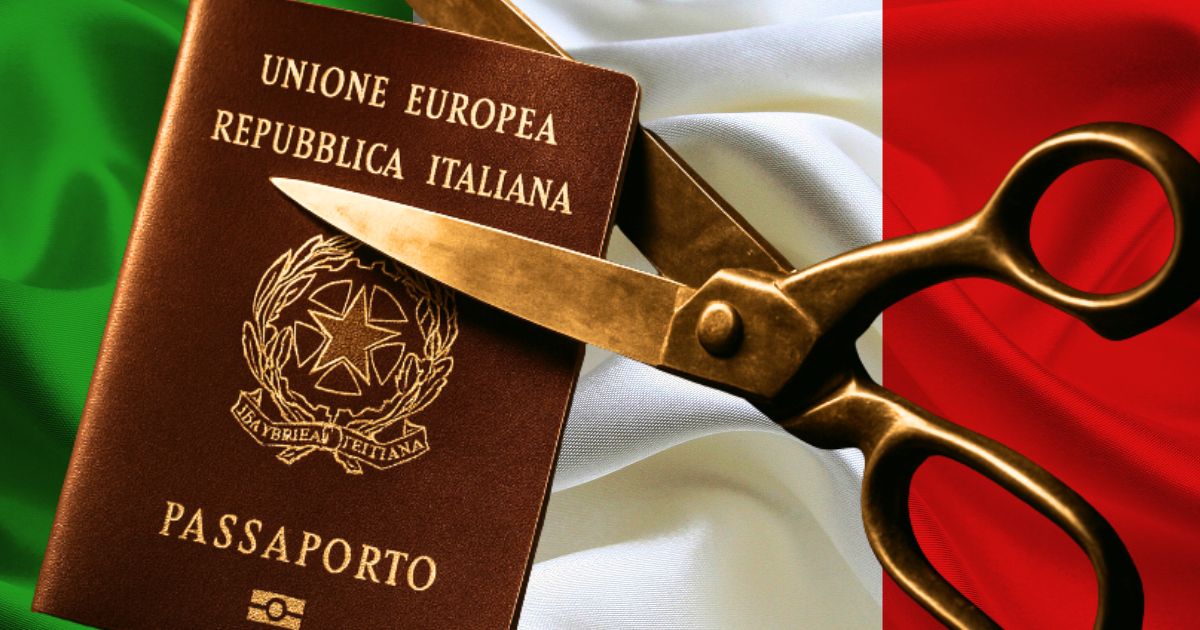
Limits to citizenship by descent (iure sanguinis)? Awaiting the Constitutional Court’s ruling
In 2025, Italy introduced a generational limit on citizenship by descent (iure sanguinis), amending a consolidated practice that had previously allowed recognition without any time [...]